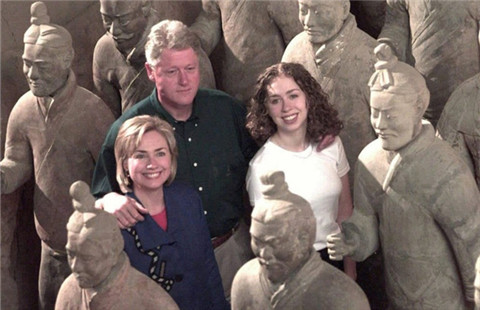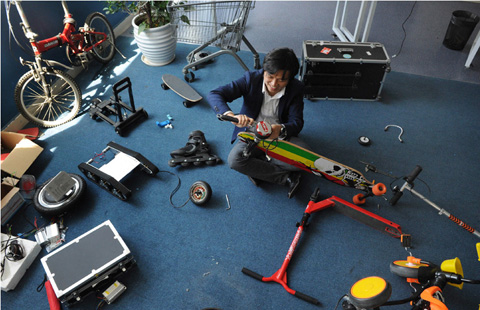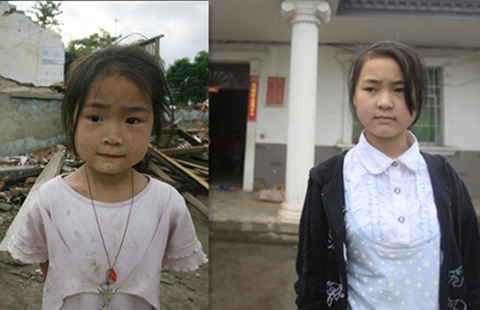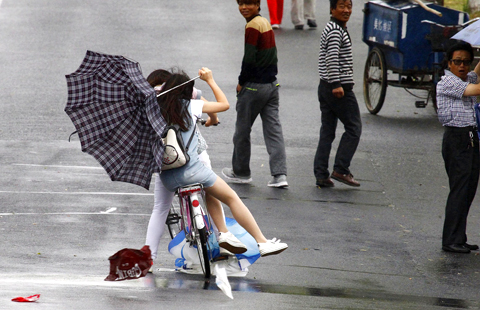
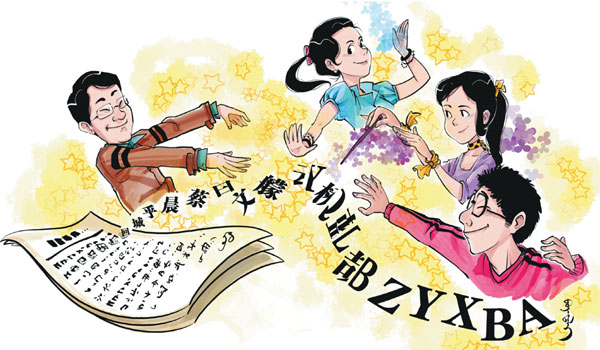
As China takes a bigger role on the international stage, teams of translators are working hard to ensure the country's voice is heard in a variety of languages. Luo Wangshu reports.
Every year, just before dawn on March 5, correspondents working for foreign media outlets in China line up in front of the Great Hall of the People in Beijing to collect the annual Government Work Report and hope to be the first to publish details of the previous year's GDP growth and the target for the next 12 months.
English-language versions of the report are usually snapped up quickly because although many foreign correspondents now speak Chinese, they are still more comfortable reading the Western alphabet than Chinese characters, particularly when the clock is ticking.
The English version of the report, along with versions in other languages, is translated by a group of people who regard understanding and translating these dry, complex documents as one of the most stimulating jobs in the world.
"This job is inspiring and I'm very proud to be doing it," said Wang Lili, head of the English Section of the Central Document Translation Center of the Central Compilation and Translation Bureau.
"It's sacred work," said her colleague Jiang Mingwei, head of the French Section.
The translation center deals primarily with central government documents, including those produced by the annual sessions of the National People's Congress and the Chinese People's Political Consultative Conference, plus papers from the CPC's five-yearly National Congress.
The documents, showcasing the thoughts of the top leaders and the central government's plans for the country's development, are couched in legalistic language peppered with traditional Chinese idioms and the Communist Party's own vocabulary.
While the documents are unlikely to set the average citizen's pulse racing, the translation teams can't get enough of them. "We don't find them boring at all. We're not likely to get bored because this is like playing a game, solving an intellectual puzzle," Wang said.
The translators delve behind the poker-faced language to render the documents in a more fluent style that accords with the reading patterns of the target audience. For instance, to avoid repetition, the translators in the French section rarely produce verbatim translations of the originals, preferring to employ synonyms and sentence structures that will be familiar to their readers overseas.
"We try our best to keep them awake while they are reading these serious documents," Jiang said with a self-deprecating laugh.
Although the translators find their work engrossing, and even fun, they face plenty of challenges to ensure they produce accurate, readable renditions of statements, speeches and other policy documents.
Sometimes they have to read around the subject before they can get to work. "The theme of each document is different: For example, the fourth plenary meeting mainly discussed the law, so we had to learn about the law from scratch so we could translate the documents. The professional vocabulary and specialized expressions were major challenges," Jiang said.
